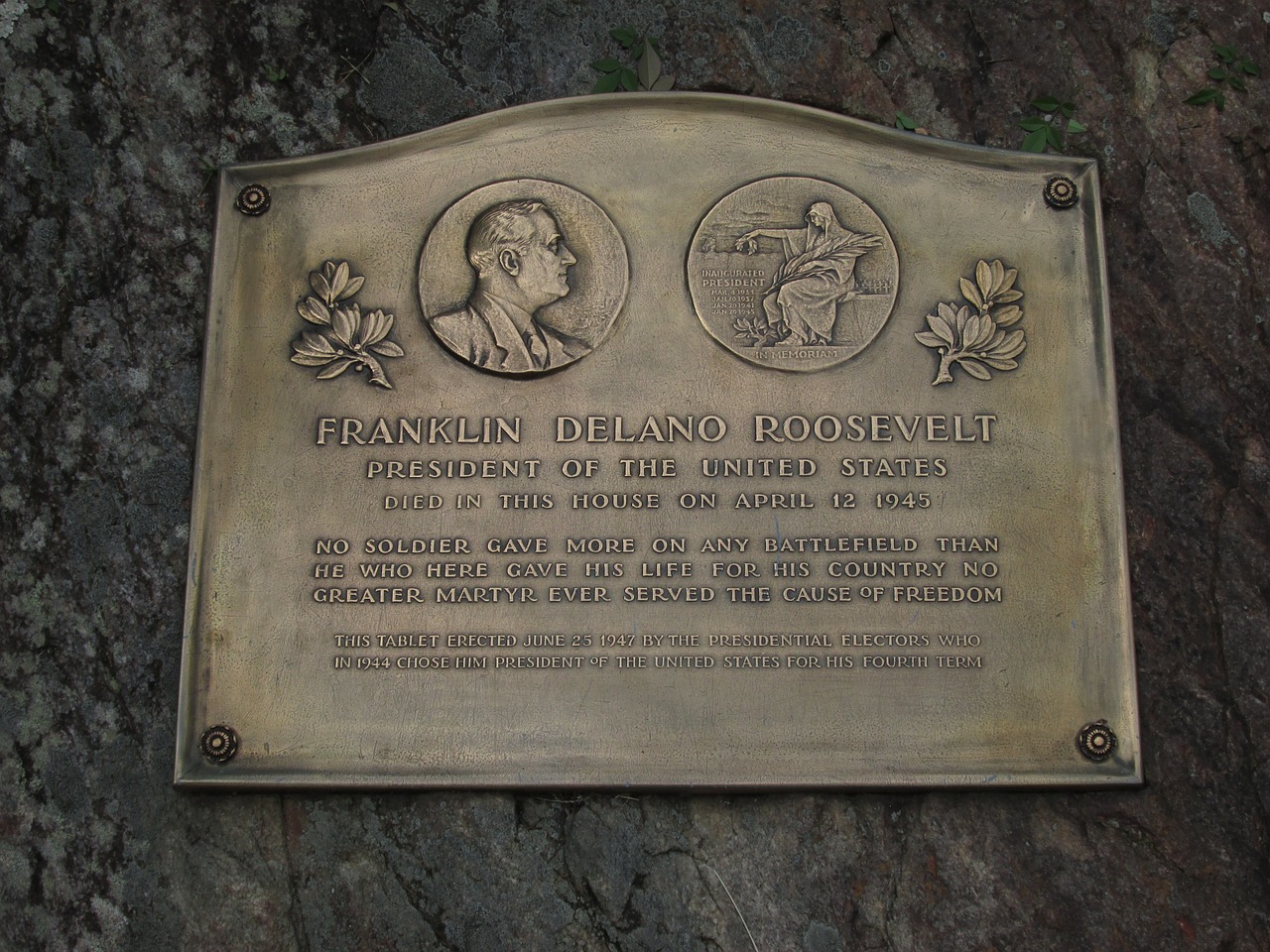The qualities that made Franklin Roosevelt great weren’t things that he was born with but arguably the things that he had to learn in the hardest years of his life. Many thought of Roosevelt as the quintessential political natural. But the essential Roosevelt traits – his strategic ability, his gifts as an orator, his understanding of suffering and his own ability to ease it – were all born in the seven years he spent trying to recover from the effects of polio. To understand what made FDR a great president in a time of cascading global crises, you have to look at the lessons he took away from the greatest crisis of his own life.
Today’s guest is Jonathan Darman, author of “Becoming FDR: The Personal Crisis That Made a President.” We explore his searing struggle with polio, and how he emerged from illness with a strength and wisdom that propelled him towards one of the most consequential and ambitious presidencies in U.S. history. FDR’s bout with polio transformed him into a leader with the compassion and courage to lead and motivate Americans through the Great Depression and World War II.
Before polio, FDR was a handsome, vain, shallow politician who expected that things would always come easy to him because, up to then, most things always had. “He had a youthful lack of humility,” said his friend (and future Labor Secretary) Frances Perkins, “a streak of self-righteousness and a deafness to the hopes, fears, and aspirations which are the common lot.” Getting polio and losing the use of his legs at age 39 upended his plans for a future that had always seemed certain. It forced him to develop new skills – oratorical presence, strategic thinking, a sense of timing. It also helped him discover what suffering is really like and his own unique ability to ease it in others. “I would like to think that he would have done the things he did without his paralysis,” Perkins later said, “but . . . I don’t think he would have unless somebody had dealt him a blow between the eyes.”
FDR’s experience taught him the practical necessities that people most require when they are experiencing adversity. For FDR, these necessities included clear, honest, detailed communication about the path ahead and ways to accurately measure progress; support systems that foster a sense of dignity, purpose and community; experts who provide advice but also promote a sense of partnership and autonomy in one’s own recovery; and the ability to sustain optimism while also staying focused on what is achievable and real
Cite This Article
"FDR’s Polio Made Him Wheelchair Bound, but Also an Incredible Orator and Strategic Mastermind" History on the Net© 2000-2024, Salem Media.
July 27, 2024 <https://www.historyonthenet.com/fdrs-polio-made-him-wheelchair-bound-but-also-an-incredible-orator-and-strategic-mastermind>
More Citation Information.






